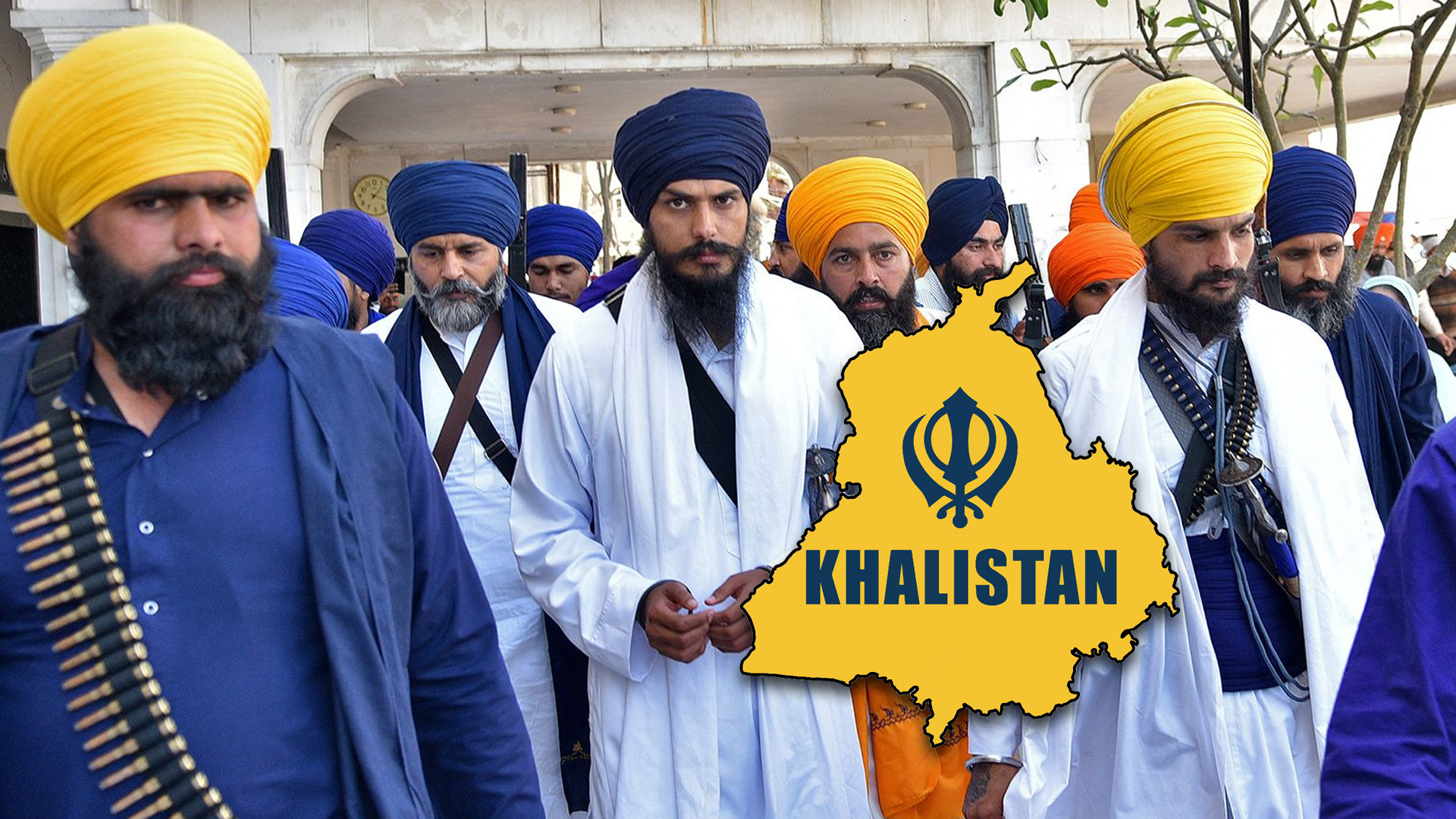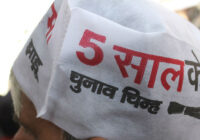Punjab literally translates as the land of five rivers. It is a little over 1.5% of India’s area and hosts 2.3% of the country’s population. Yet this land punches way above its weight. It has produced two of India’s prime ministers, successful entrepreneurs, iconic sports stars, famous movie actors and popular singers. British Prime Minister Rishi Sunak and World Bank President Ajay Banga are Punjabis too.
Yet not all is well in this rather vigorous and virile land. Punjab has a troubled history. After a tragic partition in 1947, it emerged as a prosperous state in India that pioneered the green revolution. After Bangladesh declared independence in 1971 from Pakistan, Islamabad decided it was payback time.
A Troubled Legacy
Pakistan had always fostered trouble in Kashmir. In the 1980s, it also stirred up an insurgency in Punjab. Violent terrorists demanded Khalistan and unleashed a wave of violence against the Indian state. Initially, terrorists killed legislators, policemen and military personnel. Soon, violent attacks extended to innocent civilians. It took over a decade for the Indian government to bring the situation under control.
Much of the world assumed that this reign of terror was India-centric and not exactly a major problem. This assumption persisted despite Khalistani terrorists blowing up an Air India flight in 1985, killing all 329 people on board. This flight was en route from Toronto to London and blew up mid air over the sea. This was one of the biggest terrorist attacks before the 9/11 attacks.
Khalistani terrorism took thousands of innocent lives. Yet the West never quite took it seriously. Even Encyclopedia Britannica still erroneously terms the Khalistani movement erroneously as a “violent civil unrest between Sikh and Hindu factions.” This erroneous mischaracterization of a dangerous terrorist movement as ethnic strife in a former colony led to serious misjudgments in Germany, the UK, Australia and Canada in particular.
A Change in Narrative
Recently, this narrative is being questioned for the first time in the West itself. The Bloom Review has expressed concern about the “extremist fringe ideology within the pro-Khalistan movement.” As per this review, this ideology has a “negative effect on wider Sikh communities” and the time has come for the British government to counter it.
Khalistanis in the UK threaten and intimidate upstanding members of the Sikh community. They pursue an ethno-nationalist agenda and incite violence within India. The review notes that Khalistanis do not claim any territory in “the part of the Punjab located in Pakistan.” This is noteworthy because the Sikh kingdom of Maharaja Ranjit Singh, the lion of Punjab, was largely in modern day Punjab. The great Pakistani city of Lahore was the capital of this magnificent Sikh empire.
In 1947, the Muslim majority of modern day Pakistan followed a policy of ethnic cleansing of Sikhs and Hindus. As a result, there are hardly any Sikhs left in the country. Guru Nanak, the founder of the Sikh faith, was born in Nankana Sahib, which is 91 kilometers west of Lahore. The reason Khalistanis ignore ethnic cleansing and fail to claim the territory of their haloed guru is simple: Pakistan has backed them since day one. Khalistanis simply cannot bite the hand that feeds them.
Threat to the West
The Bloom Review is paying heed to an issue that poses serious threats in some countries of the West. Indian Punjab is facing an unemployment and identity crisis. The state voted in the Aam Aadmi Party (AAP), an upstart that has ousted traditionally dominant national and regional players. The 2022 AAP victory is a political revolution and Punjabis around the world find themselves in social ferment.
Khalistanis have latched on to this ferment and are trying to trigger violence in Punjab. These efforts originate in countries like Canada, Australia, Germany and the UK. Naturally, the violence they seek to export often spills over in their safe havens in the West. In 1985, Ujjal Dosanjh, the 33rd premier of British Columbia and a Canadian MP, was brutally attacked for refusing to kowtow to Khalistani terrorists. This violence is terrible for any society, especially a multiethnic, multicultural liberal democracy.
India and the West are increasingly interconnected. Indians are in top jobs and key positions in the West. Young people, especially in Punjab, aspire to become the next Sunak and Banga. Similarly, the diaspora strives to influence the land of their origin. An Indian problem is no longer exclusively an Indian one. Very quickly, it can become a headache for the West as The Bloom Review rightly notes. The time has come for the West to address its homegrown Khalistanic problem with focus, energy and wisdom.
The views expressed in this article are the author’s own and do not necessarily reflect Fair Observer’s editorial policy.
Support Fair Observer
We rely on your support for our independence, diversity and quality.
For more than 10 years, Fair Observer has been free, fair and independent. No billionaire owns us, no advertisers control us. We are a reader-supported nonprofit. Unlike many other publications, we keep our content free for readers regardless of where they live or whether they can afford to pay. We have no paywalls and no ads.
In the post-truth era of fake news, echo chambers and filter bubbles, we publish a plurality of perspectives from around the world. Anyone can publish with us, but everyone goes through a rigorous editorial process. So, you get fact-checked, well-reasoned content instead of noise.
We publish 2,500+ voices from 90+ countries. We also conduct education and training programs
on subjects ranging from digital media and journalism to writing and critical thinking. This
doesn’t come cheap. Servers, editors, trainers and web developers cost
money.
Please consider supporting us on a regular basis as a recurring donor or a
sustaining member.
Will you support FO’s journalism?
We rely on your support for our independence, diversity and quality.







Comment